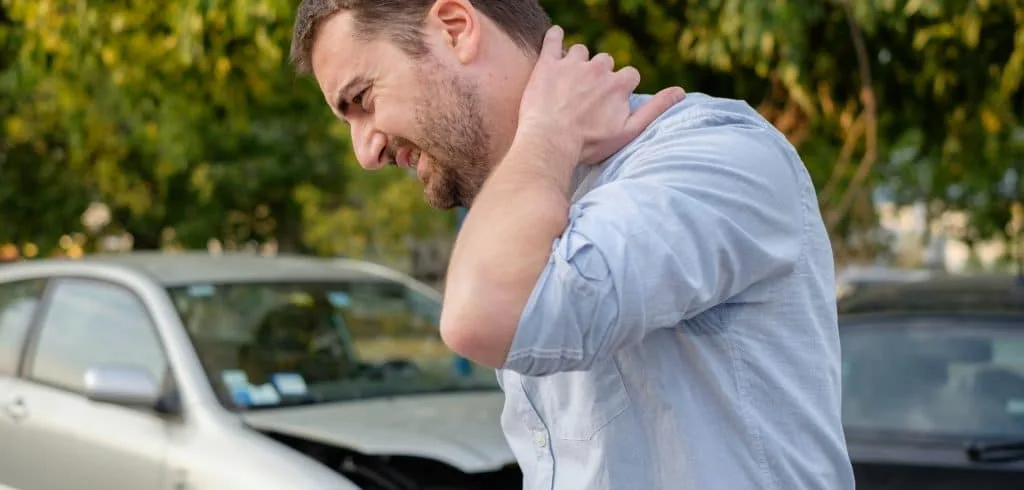The Most Dangerous Highways in Dallas, TX
The state of Texas, particularly the Dallas metropolitan area, is known for its vast network of highways that facilitate transportation and commerce. However, with this convenience comes the unfortunate reality of accidents and injuries. This white paper aims to identify and highlight the most dangerous highways in Dallas, TX, shedding light on the areas where increased attention and safety measures may be necessary.
To determine the most dangerous highways in Dallas, we relied on a combination of statistical data, including accident reports, fatalities, and injuries, as well as insights from local law enforcement agencies and transportation authorities. Our findings are based on a comprehensive analysis of available data for the past five years, covering the period from 2018 to 2022.
Based on our analysis, the following highways in Dallas, TX, have been identified as the most dangerous:
3.1 Interstate 35E (I-35E)
Interstate 35E, a major north-south highway passing through Dallas, has consistently ranked among the most dangerous highways in the area. Its high traffic volume and complex interchanges contribute to a higher risk of accidents. The stretch of I-35E near downtown Dallas, where the road narrows and merges with other highways, has been particularly prone to collisions. Additionally, distracted driving, aggressive behavior, and speeding are common factors associated with accidents on this highway.
3.2 Interstate 635 (I-635)
Interstate 635, commonly referred to as the LBJ Freeway, encircles Dallas and is known for its heavy traffic flow. The combination of high speeds, multiple lanes, and frequent lane changes make I-635 a challenging roadway to navigate safely. The section where I-635 intersects with I-35E experiences a significant number of accidents, often resulting in severe injuries or fatalities. Factors such as tailgating, reckless driving, and impaired driving have been observed as leading causes of accidents on this highway.
3.3 Interstate 30 (I-30)
Interstate 30 is a major east-west highway that connects downtown Dallas with the eastern suburbs. The section of I-30 between downtown Dallas and Fort Worth has witnessed a substantial number of accidents over the years. Contributing factors to these accidents include heavy congestion, abrupt lane changes, and a combination of high-speed and slow-moving vehicles. Adverse weather conditions, such as heavy rain or fog, further increase the risk on this highway.
- Implications and Recommendations
Identifying the most dangerous highways in Dallas, TX, highlights the urgent need for enhanced safety measures and improved infrastructure to reduce the occurrence of accidents and protect the well-being of commuters. The following recommendations are proposed:
4.1 Increase law enforcement presence: Increase the presence of law enforcement officers on the identified highways to deter dangerous driving behaviors and enforce traffic laws more effectively.
4.2 Implement better signage and road markings: Improve the visibility and clarity of signage and road markings on these highways to ensure drivers have adequate information and guidance, reducing the likelihood of confusion and potential accidents.
4.3 Enhance driver education and awareness campaigns: Develop comprehensive educational programs and awareness campaigns targeting safe driving practices, with a focus on high-risk areas and behaviors such as distracted driving, speeding, aggressive driving, and impaired driving. These initiatives should be aimed at both new and experienced drivers to reinforce the importance of responsible driving habits.
4.4 Improve infrastructure and road design: Evaluate and enhance the design and infrastructure of the identified highways, including the addition of wider lanes, improved lighting, and advanced traffic management systems. Incorporating features such as rumble strips, median barriers, and clear sightlines can help prevent accidents and reduce the severity of collisions.
4.5 Increase public transportation options: Encouraging the use of public transportation can help alleviate traffic congestion and reduce the number of vehicles on the road, ultimately decreasing the risk of accidents.
Conclusion
The identification of the most dangerous highways in Dallas, TX, serves as a crucial step towards improving road safety and reducing the occurrence of accidents. By implementing the recommended measures, including increased law enforcement presence, improved signage, enhanced driver education campaigns, and infrastructure enhancements, we can create a safer driving environment for all residents and visitors.
Why You Need an Experienced Personal Injury Lawyer
Car accidents can be a traumatic experience, but understanding fault in a car wreck and taking the necessary steps to protect your rights can make all the difference. By seeking medical attention, contacting the police, gathering evidence, and contacting an experienced personal injury lawyer, you can ensure that your rights are protected and that you receive fair compensation for your losses.
Remember, determining fault in a car wreck can be complex, but an experienced personal injury lawyer can help you navigate the legal system and fight for your rights. If you have been involved in a car accident, contact us today to schedule a free consultation and learn how we can help you get the compensation you deserve.
With offices in Denton, Keller, Euless and Southlake, Texas, Chandler | Ross, PLLC and our Personal Injury Attorneys are well positioned to provide the most effective and highly-skilled representation possible. We are a local law firm, focused on providing each and every client with the best representation possible. If we take your case, it’s for a reason, and we’re going to prove that to you. Don’t wait, and don’t compromise. Contact us today for a Free Case Evaluation. In most cases, you pay nothing unless you recover. Contact us now. (940) 800-2500
DISCLAIMER:
While Chandler | Ross makes every effort to ensure information disseminated throughout this website is correct and up to date, we cannot and do not guarantee that informational blogs and articles within the site are accurate, up-to-date, and/or applicable to any specific situation. Nothing herein is intended to create, and nor does it create an attorney-client relationship of any kind. The information contained within this site is for general use and educational purposes only, and should not be relied upon as legal advice of any kind. No action should be taken in reliance of this information without first contacting an attorney who is licensed to practice in your jurisdiction.


